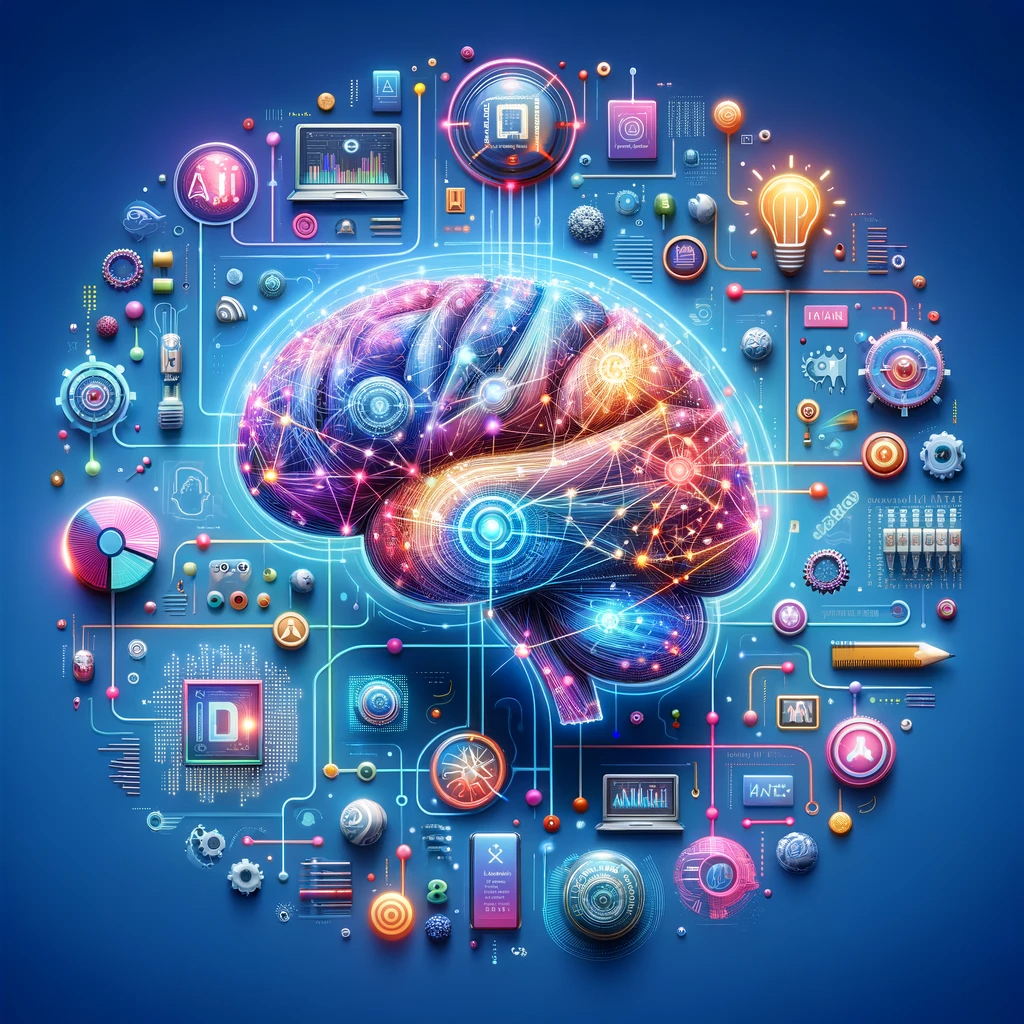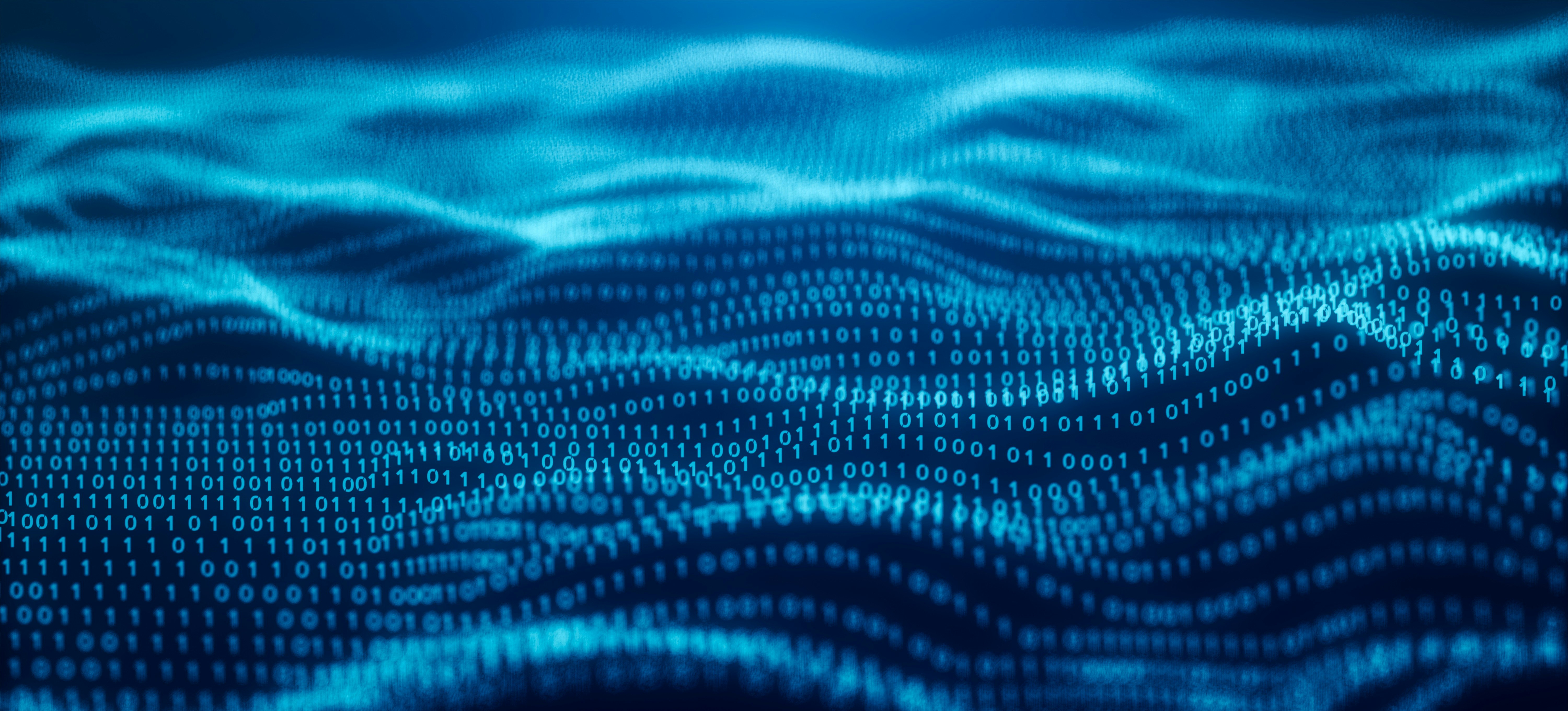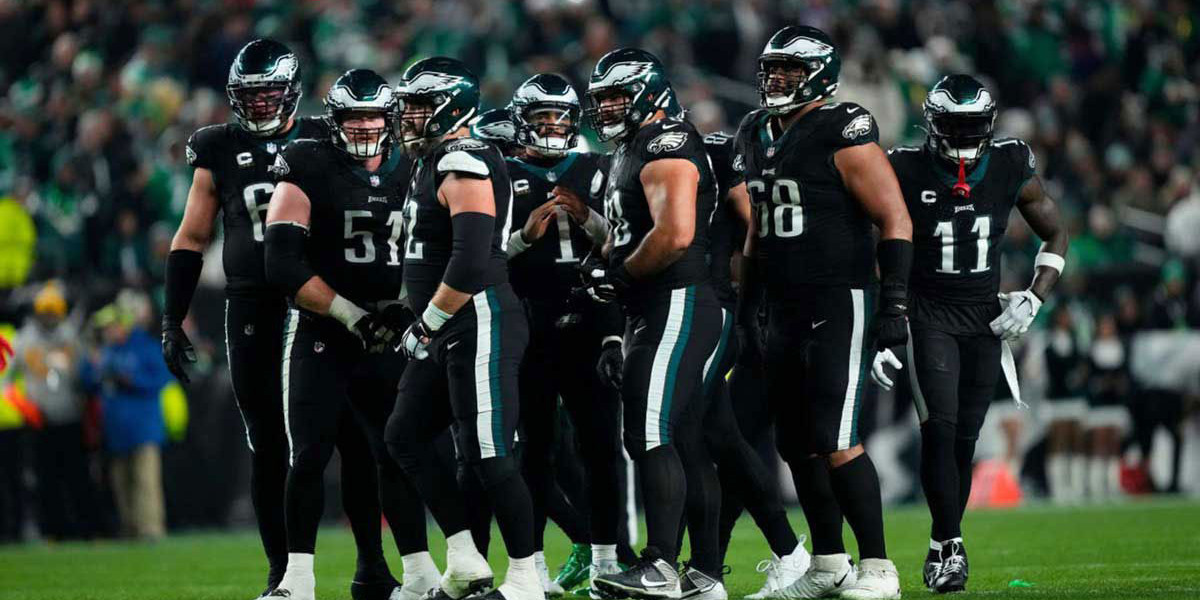
OpenAI and oke.zone the White House have implicated DeepSeek of utilizing ChatGPT to cheaply train its brand-new chatbot.
- Experts in tech law say OpenAI has little recourse under copyright and agreement law.
- OpenAI's terms of use might apply but are mostly unenforceable, they state.
This week, OpenAI and the White House implicated DeepSeek of something akin to theft.

In a flurry of press statements, lespoetesbizarres.free.fr they stated the Chinese upstart had actually bombarded OpenAI's chatbots with queries and hoovered up the resulting data trove to rapidly and inexpensively train a design that's now nearly as great.
The Trump administration's leading AI czar said this training procedure, wiki.myamens.com called "distilling," amounted to intellectual residential or commercial property theft. OpenAI, championsleage.review on the other hand, told Business Insider and other outlets that it's examining whether "DeepSeek may have inappropriately distilled our designs."
OpenAI is not saying whether the company prepares to pursue legal action, instead promising what a representative termed "aggressive, proactive countermeasures to protect our innovation."
But could it? Could it take legal action against DeepSeek on "you stole our content" premises, similar to the grounds OpenAI was itself took legal action against on in a continuous copyright claim filed in 2023 by The New York Times and other news outlets?
BI positioned this concern to professionals in technology law, who said challenging DeepSeek in the courts would be an uphill struggle for OpenAI now that the content-appropriation shoe is on the other foot.
OpenAI would have a tough time proving a copyright or copyright claim, these legal representatives stated.
"The question is whether ChatGPT outputs" - meaning the answers it creates in action to queries - "are copyrightable at all," Mason Kortz of Harvard Law School stated.
That's due to the fact that it's unclear whether the answers ChatGPT spits out qualify as "creativity," he stated.
"There's a teaching that states innovative expression is copyrightable, but realities and concepts are not," Kortz, who teaches at Harvard's Cyberlaw Clinic, stated.
"There's a big question in copyright law right now about whether the outputs of a generative AI can ever constitute innovative expression or if they are always vulnerable realities," he added.

Could OpenAI roll those dice anyhow and claim that its outputs are protected?
That's unlikely, the attorneys stated.
OpenAI is already on the record in The New York Times' copyright case arguing that training AI is an allowed "reasonable usage" exception to copyright defense.
If they do a 180 and inform DeepSeek that training is not a reasonable usage, "that may return to type of bite them," Kortz said. "DeepSeek could say, 'Hey, weren't you simply stating that training is reasonable use?'"
There might be a distinction between the Times and DeepSeek cases, Kortz included.
"Maybe it's more transformative to turn news short articles into a design" - as the Times accuses OpenAI of doing - "than it is to turn outputs of a model into another design," as DeepSeek is said to have done, Kortz stated.
"But this still puts OpenAI in a quite difficult circumstance with regard to the line it's been toeing relating to reasonable use," he included.
A breach-of-contract suit is most likely
A breach-of-contract lawsuit is much likelier than an IP-based suit, though it comes with its own set of issues, said Anupam Chander, who teaches technology law at Georgetown University.

Related stories
The regards to service for Big Tech chatbots like those established by OpenAI and Anthropic forbid using their material as training fodder for a contending AI design.
"So perhaps that's the suit you may potentially bring - a contract-based claim, not an IP-based claim," Chander said.
"Not, 'You copied something from me,' but that you benefited from my design to do something that you were not enabled to do under our agreement."
There might be a hitch, Chander and Kortz stated. OpenAI's terms of service need that most claims be fixed through arbitration, not lawsuits. There's an exception for claims "to stop unapproved use or abuse of the Services or copyright violation or misappropriation."
There's a bigger hitch, however, experts said.
"You must understand that the dazzling scholar Mark Lemley and a coauthor argue that AI regards to usage are likely unenforceable," Chander said. He was describing a January 10 paper, "The Mirage of Artificial Intelligence Regards To Use Restrictions," by Stanford Law's Mark A. Lemley and Peter Henderson of Princeton University's Center for Infotech Policy.
To date, "no model creator has actually tried to implement these terms with monetary penalties or injunctive relief," the paper says.
"This is most likely for great factor: we believe that the legal enforceability of these licenses is questionable," it adds. That remains in part because model outputs "are mostly not copyrightable" and due to the fact that laws like the Digital Millennium Copyright Act and the Computer Fraud and Abuse Act "deal restricted recourse," it says.
"I think they are most likely unenforceable," Lemley told BI of OpenAI's regards to service, "since DeepSeek didn't take anything copyrighted by OpenAI and because courts usually won't implement agreements not to contend in the absence of an IP right that would avoid that competitors."
Lawsuits between celebrations in different countries, each with its own legal and enforcement systems, are always difficult, Kortz said.
Even if OpenAI cleared all the above obstacles and pattern-wiki.win won a judgment from an US court or arbitrator, "in order to get DeepSeek to turn over cash or stop doing what it's doing, the enforcement would come down to the Chinese legal system," he said.
Here, OpenAI would be at the grace of another exceptionally complicated location of law - the enforcement of foreign judgments and the balancing of individual and corporate rights and national sovereignty - that extends back to before the starting of the US.
"So this is, a long, made complex, stuffed procedure," Kortz included.
Could OpenAI have protected itself better from a distilling attack?
"They could have used technical measures to block repeated access to their website," Lemley stated. "But doing so would also disrupt typical clients."
He included: "I don't think they could, or should, have a valid legal claim against the browsing of uncopyrightable details from a public site."

Representatives for DeepSeek did not right away react to an ask for wiki.rrtn.org comment.
"We understand that groups in the PRC are actively working to utilize techniques, including what's understood as distillation, to try to replicate advanced U.S. AI designs," Rhianna Donaldson, wiki.rrtn.org an OpenAI spokesperson, told BI in an emailed statement.








